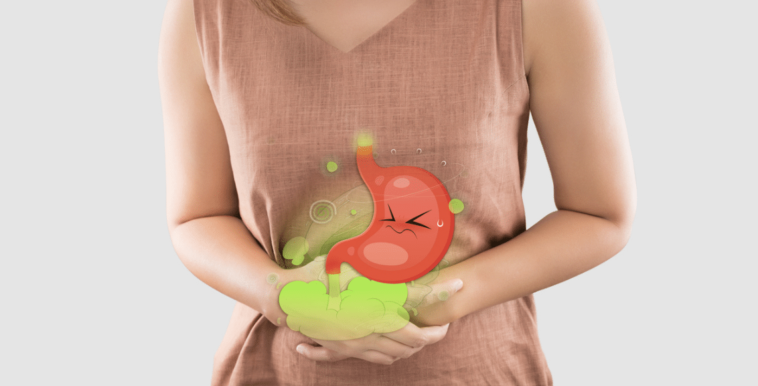Between stomach pain and feelings of acidity, heartburn is among the most common and unpleasant digestive disorders. In addition to painful sensations in the sternum, we often also have acid reflux which rises towards the esophagus (gastroesophageal reflux disease or GERD). For example, pregnant women are often affected by stomach acidity which can be difficult to live with. And while there are many natural remedies to deal with it after a heavy meal, it is the diet itself that has the most immediate and effective effect. So, quickly find out which foods you should avoid consuming too much in case of heartburn. You will thus limit these unwanted inflammatory digestive manifestations which leave a bitter and acidic taste in the throat and mouth.
In addition, also avoid small daily mistakes that make the situation worse and discover the best anti-heartburn remedies.
1) Drinks to avoid absolutely
It’s impossible to only talk about foods that cause heartburn when so many drinks have irritating effects. For example, this is particularly the case of alcohol which is toxic. Because of him, the sphincter relaxes. However, this valve prevents the contents of the stomach from moving up into the esophagus. Also, even a small amount will be enough to cause gastric reflux. Furthermore, the coffee and tea can unfortunately also contribute to irritation of the esophagus and relaxation of the sphincter. This is linked to their theine and caffeine content which harms the digestive system.

As for the milk that sometimes accompanies them, it relieves the burns for a time before intensifying the discomfort. In fact, he promotes the secretion of gastric juicesespecially when you choose it whole. Therefore, prefer it at least skimmed or semi-skimmed and possibly favor other sources of calcium (parsley, cabbage, etc.). Finally, the sodas and soft drinks are other bad students in this area, and not just because they cause bloating! In fact, they increase stomach volume et harm the lower esophageal sphincter. And what’s more, we often find caffeine or theine in addition to sugars in large quantities, resulting in a cocktail effect that the stomach hardly appreciates.
2) Foods that are too fatty should be avoided in case of heartburn
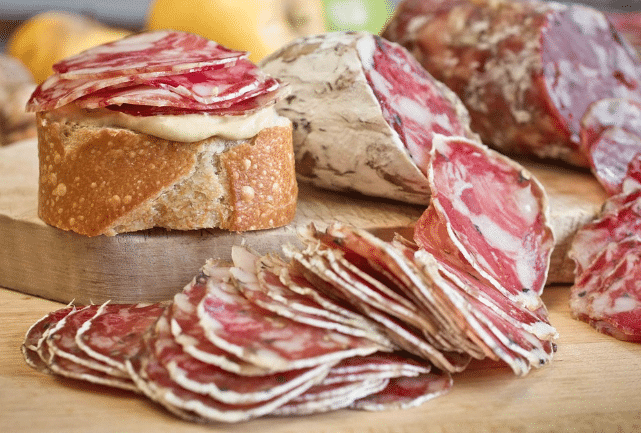
As complex products, saturated fats require slow chemical reactions to promote their absorption. As a result, red meats, cold meats, pastries, fried foods and other dishes with sauces slow down digestion. And of course, this consequently increases the acidic secretions to help the stomach and this results in more intense lifts. Additionally, they make the muscle separating the stomach and esophagus less able to close, increasing heartburn.
3) Prepared meals and ultra-processed foods, other enemies of those who suffer from heartburn
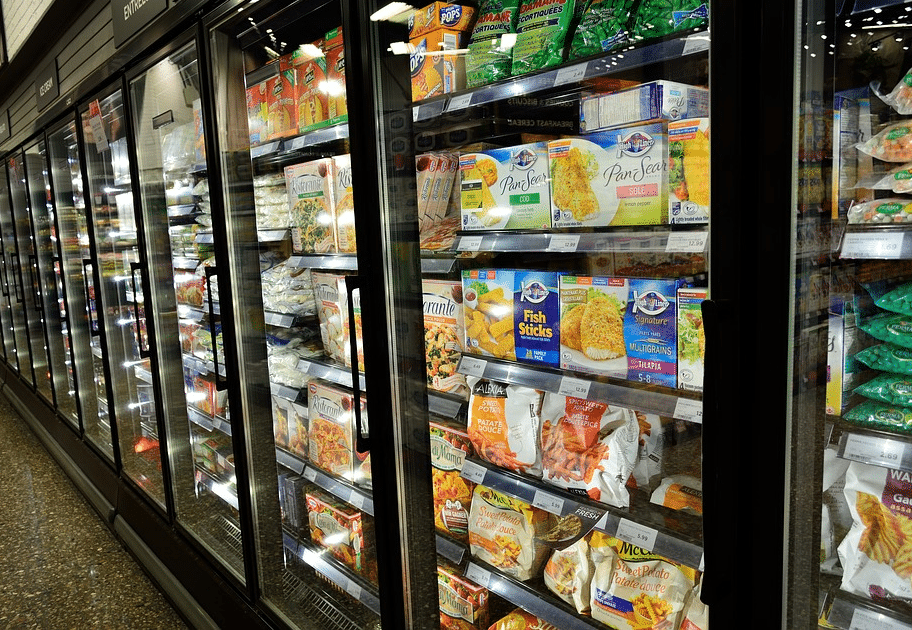
These products don’t look like it, but they are full of additives and preservatives. But here, what is most disturbing is that they contain an abundance of elements that promote digestive burns. First of all, we find large amounts of hidden fats. This echoes what we were saying earlier regarding the harmful effects of fat on the digestive process. Furthermore, these dishes also have a high sugar and/or salt content. However, too much sugar will slow down gastric emptying whereas salt triggers burning and pain by increasing irritation of the mucous membrane.
4) Chocolate, another food whose consumption must be slowed down

Bad news for foodies! The methylxanthines in cocoa and chocolate promote gastric reflux by inducing a reduction in the resting tension of the esophageal sphincter. For fragile stomachs who cannot give up their guilty pleasure, we recommend dark chocolate. White chocolate and milk chocolate are indeed too sweet and fatty. On the other hand, a few very black tiles from time to time will not make you sick.
5) Some cheeses in the list of foods causing heartburn
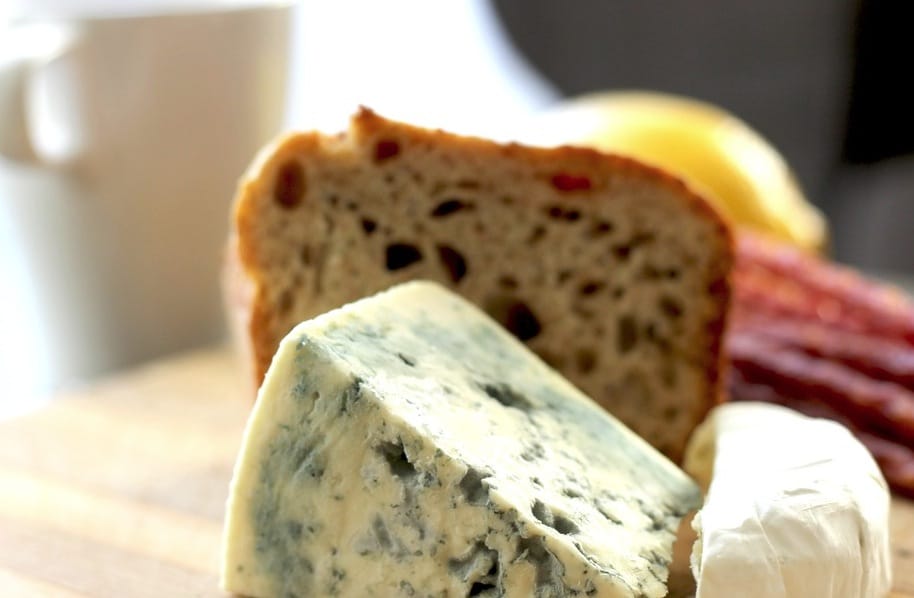
By slowing gastric emptying, the cheese will slow down digestion. Add to that the fermenting molds and you get certain cheeses that become bombs in the stomach. Here, we can typically cite blue cheese, Roquefort, Livarot, Camembert and even Munster. Also, don’t hesitate to monitor your consumption. In addition, cheese lovers will be able to favor cooked cheeses (Emmental, Gruyère, etc.) for tastings that are always tasty, but above all easier to digest.
6) Onion and tomato, two basic ingredients that you should be wary of
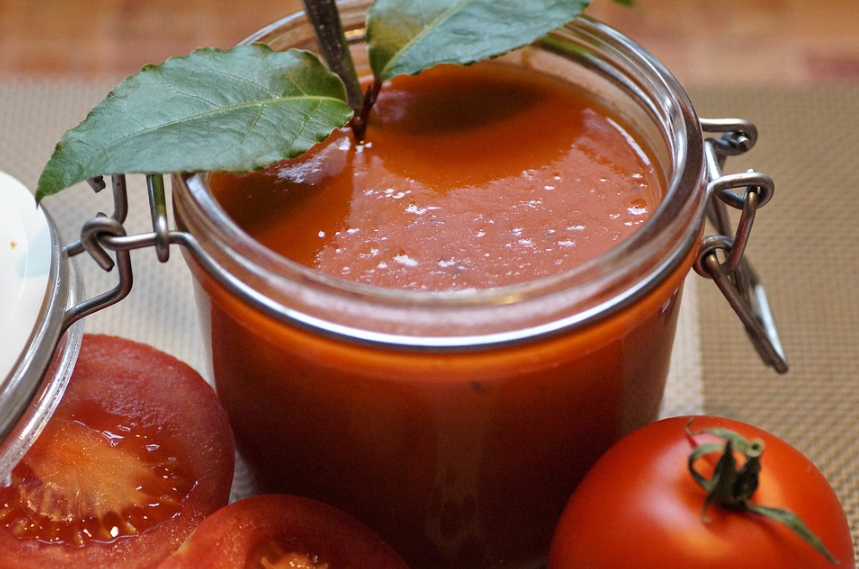
Like the pickle, the onion is a fermentable food. This means that they will both tend to ferment in the intestine and impair muscle strength which reduces acid reflux and heartburn. To avoid it, you should cook it as soon as your recipes allow it and not overdo it. There tomato is also best cooked (and if possible without its skin and seeds). This will not only increase its lycopene content (an antioxidant pigment), but also make it less acidic! Your digestive system and your fragile mucous membranes will therefore appreciate it more.
7) Spices, these food enhancers that increase heartburn
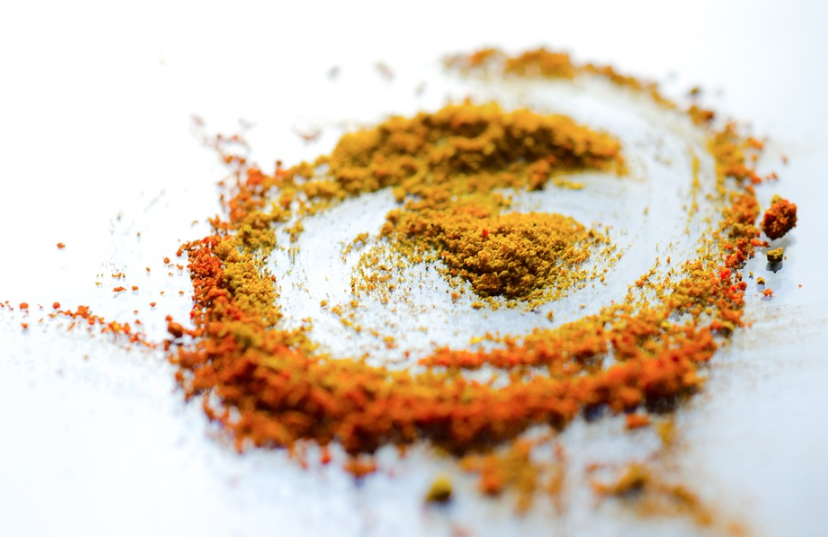
Difficult to imagine a dish without spices? However, you will have to think about reducing them in your preparations if you have digestion problems… Indeed, they increase the already high acidity of the stomach et further irritate the walls of the esophagus. A 2014 study demonstrated that the irritating alkaloids in spicy foods act negatively on the esophagus by stimulating its mechanoreceptors. However, this can be more damaging to an esophagus with lesions. Fortunately, fragile stomachs will be able to rely on aromatics to bring a little life to dishes. Also, turmeric is fairly well tolerated, so you don’t have to put all your spices in the cupboard!
8) And finally, limit mint and other acidic foods in case of heartburn
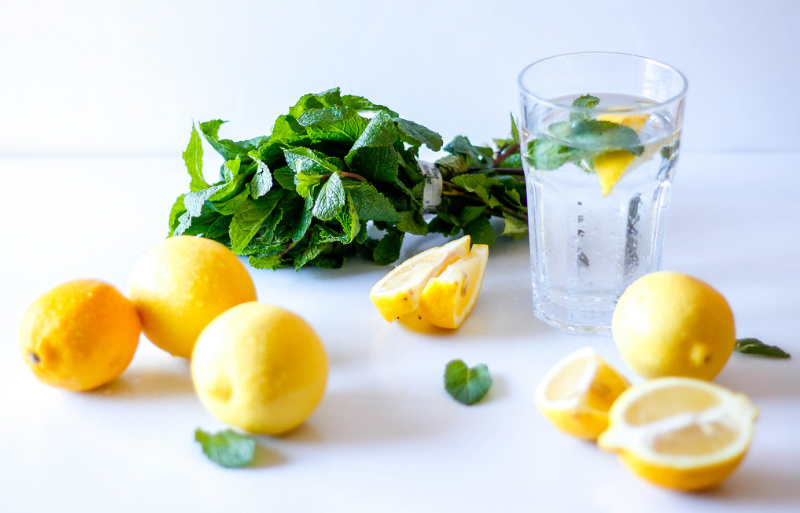
Certainly, our digestive tract has a higher natural acidity than foods which have the reputation of being so (citrus fruits, etc.) But if your esophagus is damaged, then it is better avoid irritating him. However, acidic foods have the same tendency as spices to further inflame the walls of the esophagus. So be careful once again with tomatoes (very acidic), citrus fruits (grapefruit, lime, orange, etc.) and… mint. Yes! Both spearmint and peppermint are more acidic than they appear. By thinning the passage between the stomach and the esophagus, the mint will promote gastric reflux and acid reflux. Consume in moderation!
So, what foods can you eat when you have heartburn?

In fact, you shouldn’t deny yourself any food! It’s all in the moderation. For example, limit foods that you digest poorly, avoid overdoing the quantities and remember not to overfill yourself. During the meal, it is also necessary eat slowly and mindfully (so without screens or distractions other than a good chat with your loved ones!). In short, good eating habits are very important in preventing and relieving discomfort. There are also many foods that the stomach loves and that you can favor in case of heartburn such as:
- Still water which activates salivation and prepares the stomach for digestion
- foods rich in fiber and whole grains to protect the intestine and improve digestion,
- but also fish, shellfish and lean meats (turkey, chicken, etc.)
- or even starchy foods in reasonable quantities
- and the vegetables cooked in abundance
- fruits to consume outside of meals or in homemade compote if you want them for dessert, especially red fruits which are very antioxidant
- and finally the yogurts
As for the cooking to prepare all of this: focus on lightness ! Multiply the aromatic herbs and focus on cooking in foil, boiled, poached, roasted or even grilled.
Some additional tips in addition to the foods recommended or not recommended for heartburn

Besides diet, adopting healthy lifestyle habits can significantly reduce heartburn. One of the first steps to take is to maintain a healthy weightbecause excess weight puts pressure on the stomach, promoting acid reflux. Exercising regularly, even a simple walk after meals, can also help improve digestion and prevent acid reflux.
Another recommendation is toavoid lying down immediately after a meal. It is best to wait at least two to three hours before going to bed to allow the stomach to empty and digest a little. For people who frequently suffer from heartburn at night, slightly raise the head of the bed can also help prevent acid from backing up into the esophagus.
Stress management is also crucial, as stress can make reflux symptoms worse. Relaxation techniques like meditation, deep breathing or yoga can be beneficial. In addition, it is advisable to quit smoking and limit alcohol consumptionas both of these factors weaken the lower esophageal sphincter, increasing the risk of acid reflux.
Finally, it is important to review the intake of certain medicationsbecause some anti-inflammatories, antibiotics or other medications can irritate the stomach or increase the risk of reflux. By talking to a doctor, it is possible toconsider alternatives that are less aggressive for the stomach if you realize that you are digesting poorly with your treatment or that it is making your reflux unpleasantly worse.


